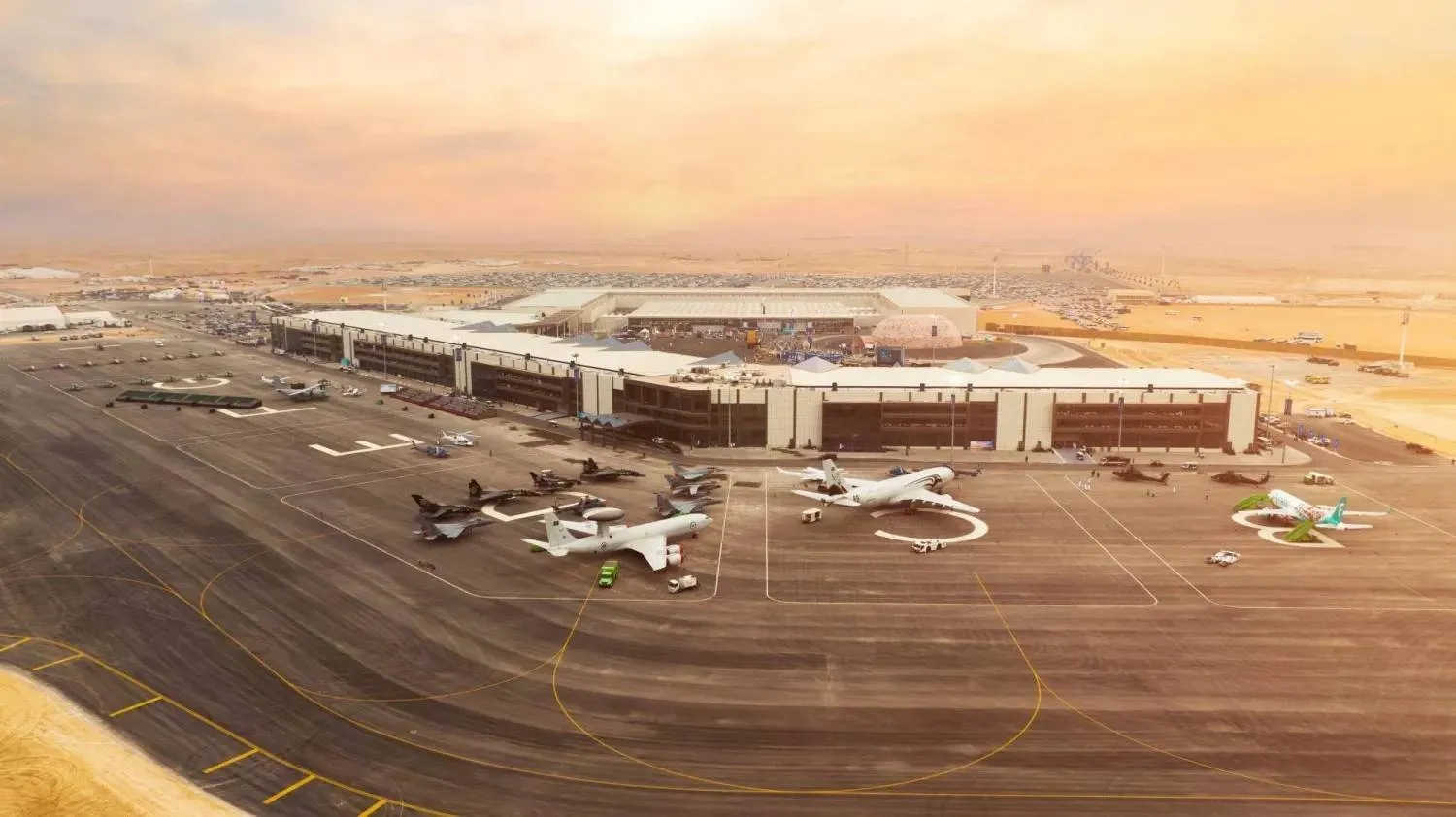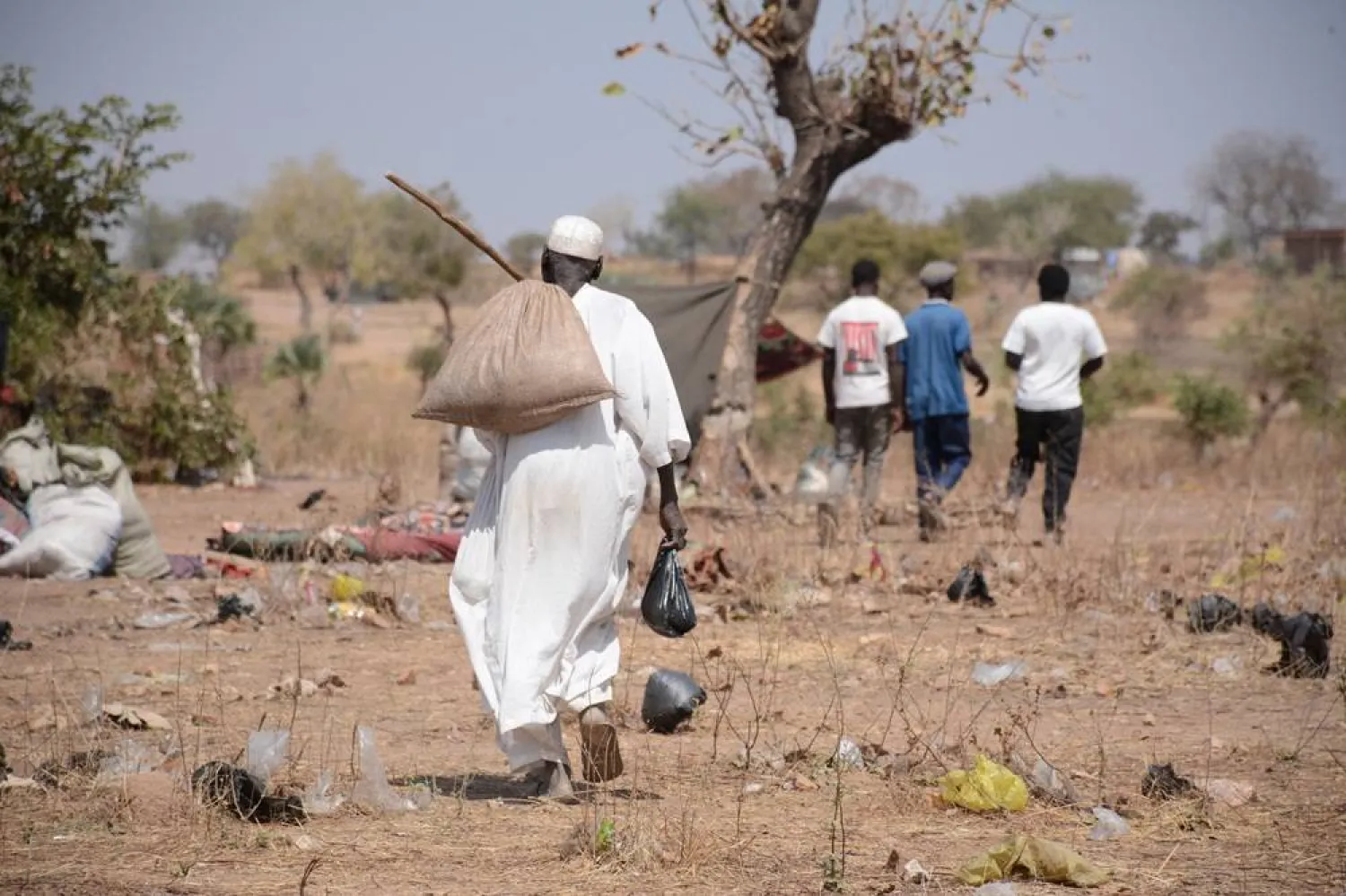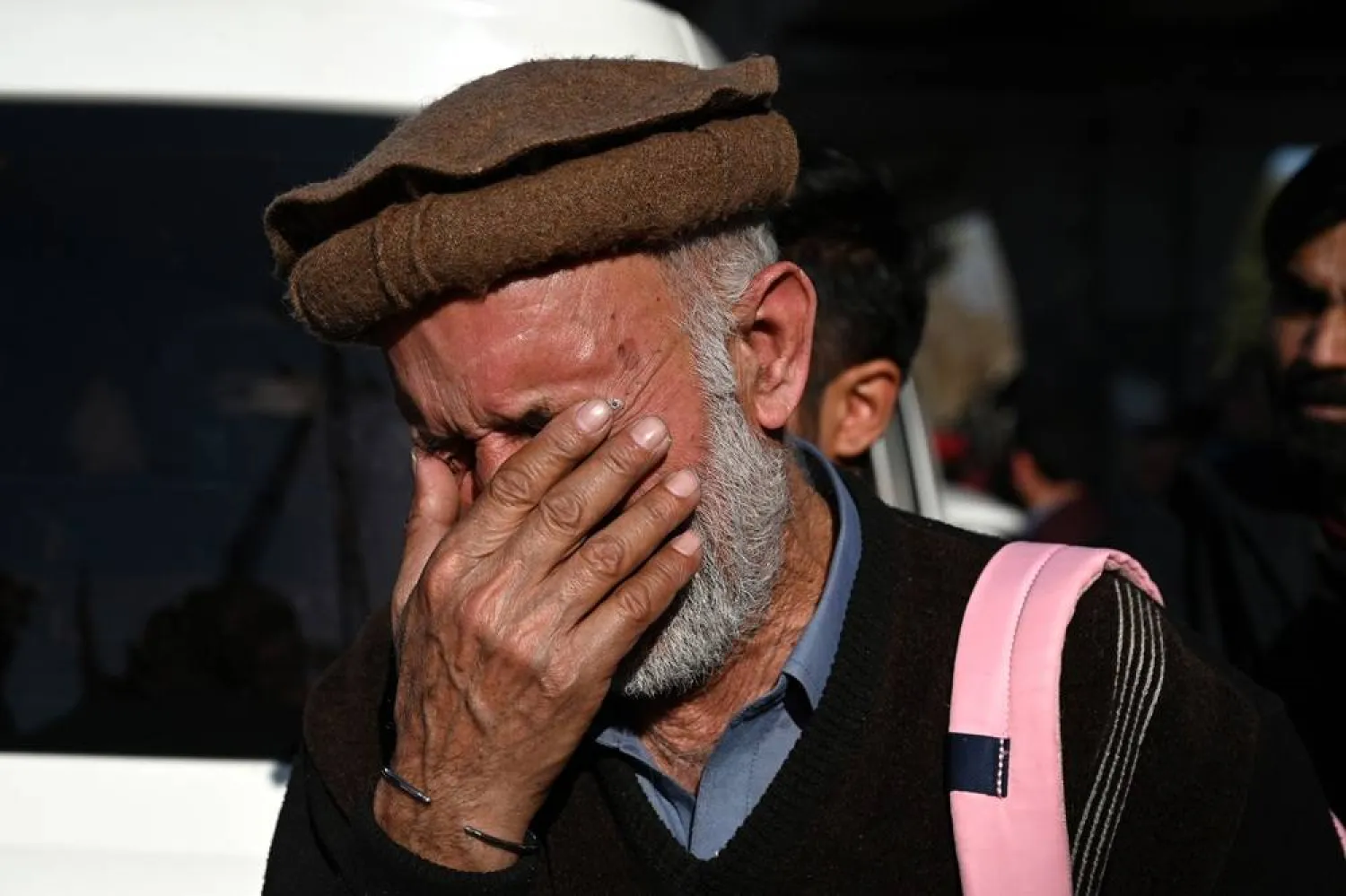Salman bin Yousef Al-Dossary was named Saudi Media Minister in a Royal Order by Custodian of the Two Holy Mosques King Salman bin Abdulaziz on Sunday.
Al-Dossary will be embarking on his new journey after have spent 12 years at Asharq Al-Awsat newspaper. He will now forge the Kingdom’s media policies after decades in drafting editorial policies.
He is Saudi Arabia’s second ever media minister, succeeding Adel al-Turaifi who was named to the post in 2015.
Al-Dossary holds a degree in management and economy. He kicked off his career at the Saudi Research and Publishing Company in 1998. He started as a journalist at Al Eqtisadiah, Asharq Al-Awsat's affiliate publication, before joining Asharq Al-Awsat itself.
At his new position, he continued his dedication to his profession, covering various local, regional and international developments. He has carried out numerous interviews with significant figures, including presidents and heads of state, enriching his career.
After spending 12 years at Asharq Al-Awsat, he was promoted to editor of its United Arab Emirates’ office in 2006 and later became assistant to its editor-in-chief at its London office. He also became editor-in-chief of Al Eqtisadiah.
In mid-2014, Al-Dossary was named editor-in-chief of Asharq Al-Awsat, drawing up its editorial policies from its London headquarters. He also rose to the helm of Al-Majalla and Arrajol magazines.
As editor-in-chief at Al-Majalla, he developed it so that it touched on the issues that concern the Arab world and developed Arrajol to become the Arab world’s top men’s magazine.
In 2016, Al-Dossary returned to Riyadh, completing his tenure as editor-in-chief at Asharq Al-Awsat. He remained as a columnist, becoming a beacon in defending the nation.
Ever the first choice for any challenge, due to his high dedication and loyalty, he was appointed to the editorial boards at Al-Arabiya and Al-Hadath renowned television channels. There, he helped shape their editorial identity and general policies.
Throughout, he kept his column at Asharq Al-Awsat, writing articles that reflect national awareness of the circumstances the region was enduring. He understood the challenges and how to address them, offered rational rhetoric against the winds of extremism, and supported development and revival against backwardness.
Now, as media minister, Salman bin Yousef Al-Dossary takes on a new mission to lead Saudi media policies to build a modern media sector that would follow the Kingdom’s Vision 2030 and its ambitious programs.









